Heirloom seed banks have emerged as a cornerstone of sustainable agriculture, offering access to rare and genetically diverse seed varieties that contribute to biodiversity and resilience in farming. For gardeners and agricultural enthusiasts alike, these seed banks serve as vital resources for cultivating organic, non-GMO crops that preserve heritage traditions while promoting environmental health. In this comprehensive guide, we explore the top heirloom seed companies and banks, evaluate their value, and examine the nuances of choosing the right provider. From understanding the genetic advantages of heirloom seeds to assessing the reputation and reliability of seed banks, this article delves into the essential considerations for anyone seeking to invest in heirloom seed banks. Whether you’re a seasoned gardener or new to the world of heirloom seeds, this guide provides actionable insights to help you make informed decisions about your seed sources. Join us as we uncover the best practices, top companies, and critical factors to consider when selecting an heirloom seed bank to meet your gardening or farming needs.
Top 5 Seed Companies
Here is a list of some of the most reputable seed companies known for their quality and innovation:
- Old Seed
Specializing in heirloom and organic seeds, Old Seed is dedicated to preserving traditional gardening methods and promoting sustainable agriculture. Their catalog includes a wide variety of vegetables, flowers, and herbs, perfect for eco-conscious gardeners. - Johnny’s Selected Seeds
Renowned for their high-quality seeds and extensive selection, Johnny’s Selected Seeds offers seeds for home gardens, commercial farms, and greenhouse operations. They are particularly famous for their hybrid and heirloom varieties. - Bayer CropScience
As part of global agricultural giant Bayer, Bayer CropScience provides seeds for professional farmers and large-scale operations. Their focus is on developing disease-resistant and high-yield crops. - Monsanto Company
A leader in seed technology, Monsanto offers genetically modified seeds that enhance crop yields and resistance to pests and diseases. They are widely used in modern farming practices. - Dow AgroSciences
Dow AgroSciences produces a range of seeds and seed treatments tailored for various farming needs. They emphasize innovative solutions to improve agricultural productivity.
Each of these companies plays a significant role in the seed industry, contributing to advancements in agriculture and supporting farmers worldwide. For more information on these seed companies and their products, visit Old Seed .
By choosing the right seeds, gardeners and farmers can enjoy better harvests and healthier plants.
What Seed Banks Have the Best Genetics?
When it comes to selecting seed banks with the best genetics, many factors come into play, including variety selection, genetic diversity, and customer support. Below is a breakdown of some of the top options available:
Old Seed Bank
Old Seed Bank stands out for its commitment to heirloom gardening and sustainable agriculture. Their collection focuses on preserving traditional varieties, which often have superior genetics compared to modern hybrids. The bank offers a wide range of heirloom seeds, including rare and endangered varieties, making it a great choice for those interested in organic and eco-friendly gardening practices.
Seeds Now
Seeds Now is another excellent option, particularly for those seeking a diverse range of non-GMO and heirloom seeds. They specialize in preserving genetic diversity and offer a large catalog of seeds suited for various growing conditions. Their customer service and educational resources also contribute to their reputation as a top seed bank.
True Leaf Seeds
True Leaf Seeds is known for its high-quality, non-GMO seeds and extensive selection of heirlooms. Their focus on genetic integrity makes them a favorite among experienced gardeners and seed enthusiasts. The company also provides detailed growing guides and tips to help customers succeed.
Botanical Seed Bank
For those interested in open-pollinated and heirloom seeds, Botanical Seed Bank is a standout. Their seeds are rigorously tested for genetic purity, ensuring a reliable and consistent crop. The bank also offers a subscription model, making it easy for customers to receive fresh seeds regularly.
North American Seed Bank
North American Seed Bank is a trusted name in the seed banking industry, offering a mix of heirloom, open-pollinated, and hybrid seeds. Their emphasis on quality and genetic stability makes them a preferred choice for serious gardeners and farmers.
Purchasing Tips
When purchasing seeds, consider factors like seed purity, germination rates, and customer reviews. Many seed banks now offer online ordering and delivery, making it easier than ever to find the best genetics for your needs.
For more information on heirloom and organic seeds, visit Old Seed Bank today!
Are Seed Banks Worth It?
Yes, seed banks are highly valuable for preserving genetic diversity, supporting sustainable agriculture, and ensuring food security. Here’s why:
Key Benefits of Seed Banks
- Conservation of Genetic Diversity : Seed banks act as a safeguard for plant species, protecting them from extinction and ensuring future generations have access to diverse crop varieties.
- Support for Sustainable Agriculture : By storing heirloom and traditional seeds, seed banks help maintain agricultural diversity, which is crucial for resilience against pests and climate change.
- Food Security : Diversified seed collections reduce reliance on a single crop variety, mitigating risks associated with disease or environmental changes.
- Research and Innovation : Seeds stored in banks can be studied for traits like disease resistance or yield potential, driving advancements in agriculture.
- Preserving Heirlooms : For gardeners and farmers, seed banks offer access to rare and unique varieties, allowing them to preserve their own heritage.
Competitors and Resources
While there are several organizations involved in seed banking, some notable ones include:- Old Seed : A leader in heirloom gardening and sustainable agriculture, offering resources for eco-conscious gardeners.- Seed Savers Exchange: A nonprofit focused on preserving heirloom seeds and promoting sustainable agriculture.- Svalbard Global Seed Bank: A Norway-based organization dedicated to conserving crop diversity.
These organizations work tirelessly to ensure that we have access to the seeds needed to feed the world sustainably.
Why They’re Worth It
If you value genetic diversity, support sustainable practices, or want to preserve rare plant varieties, seed banks are an invaluable resource. They provide a secure and reliable way to store seeds for future use, ensuring that we can continue to grow and thrive in the face of changing conditions.
By supporting seed banks, you’re contributing to a safer and more sustainable future for agriculture and the environment.
What Seed Company Is Not Owned By Monsanto?
Burpee is not owned by Monsanto. We do not sell GMO seed, nor have we sold it in the past, and will not sell it in the future.
Competitors Of Non-Monsanto Seed Companies
- Johnny’s Seeds – Known for their high-quality hybrid and heirloom seeds, Johnny’s Seeds operates independently and competes with Monsanto’s seed offerings.
- High Mowing Organic Seeds – Specializing in organic and non-GMO seeds, this company is another prominent player in the seed market not associated with Monsanto.
- Seed Savers Exchange – A member-supported organization focused on preserving heirloom and open-pollinated seeds, operating separately from Monsanto’s business interests.
These companies offer a variety of seed options, including heirloom, organic, and non-GMO seeds, catering to consumers seeking alternatives to Monsanto products.
Is Miracle Gro Owned by Monsanto?
Miracle Gro is owned by Monsanto , which acquired the company as part of a larger transaction involving several agricultural businesses. The merger with Deere & Company in 1998 included the integration of various subsidiaries, with Miracle Gro being one of them. This acquisition has allowed Monsanto to strengthen its position in the agricultural market and offer a wider range of products and services.
Why Can’t Farmers Save Monsanto Seeds?
Farmers are typically restricted from saving Monsanto seeds due to a combination of legal protections and contractual obligations. Monsanto invests heavily in developing genetically modified seed varieties, often securing patents to protect their intellectual property. These patents cover the genetic makeup and proprietary technology embedded in the seeds, which are designed to meet specific agricultural needs and market demands.
One key factor is the termination clause in seed contracts, known as “termination of exclusivity.” Farmers who purchase Monsanto seeds agree to certain terms that limit their ability to reuse or resell the seeds. This includes restrictions on saving seeds for future plantings, as doing so could infringe on Monsanto’s patent rights. The company takes this stance to prevent unauthorized propagation of their seeds, which could undermine their market position and investment in research and development.
Additionally, Monsanto employs a system of seed certification and licensing. Farmers must obtain licenses to grow certain varieties, and these licenses usually specify that seeds cannot be saved for replanting without prior approval. This ensures that Monsanto retains control over the distribution and availability of its seeds, allowing them to manage supply and demand effectively.
The inability to save seeds also ties into Monsanto’s broader strategy of vertical integration in agriculture. By controlling the seed supply, Monsanto can influence farmers’ choices of crops, often correlating with the sale of complementary chemicals and pesticides. This integrated approach aims to maximize profitability across the entire production chain.
While some argue that restricting seed saving limits biodiversity and hinders sustainable farming practices, Monsanto maintains that these measures are necessary to protect their innovations and ensure fair compensation for their investments. However, this policy can be challenging for small-scale farmers and advocates of heirloom and non-GMO seeds, who may prefer to maintain control over their planting materials.
In summary, Monsanto’s restrictions on seed saving are rooted in patent law, contractual obligations, and strategic business practices aimed at safeguarding their intellectual property and market position.
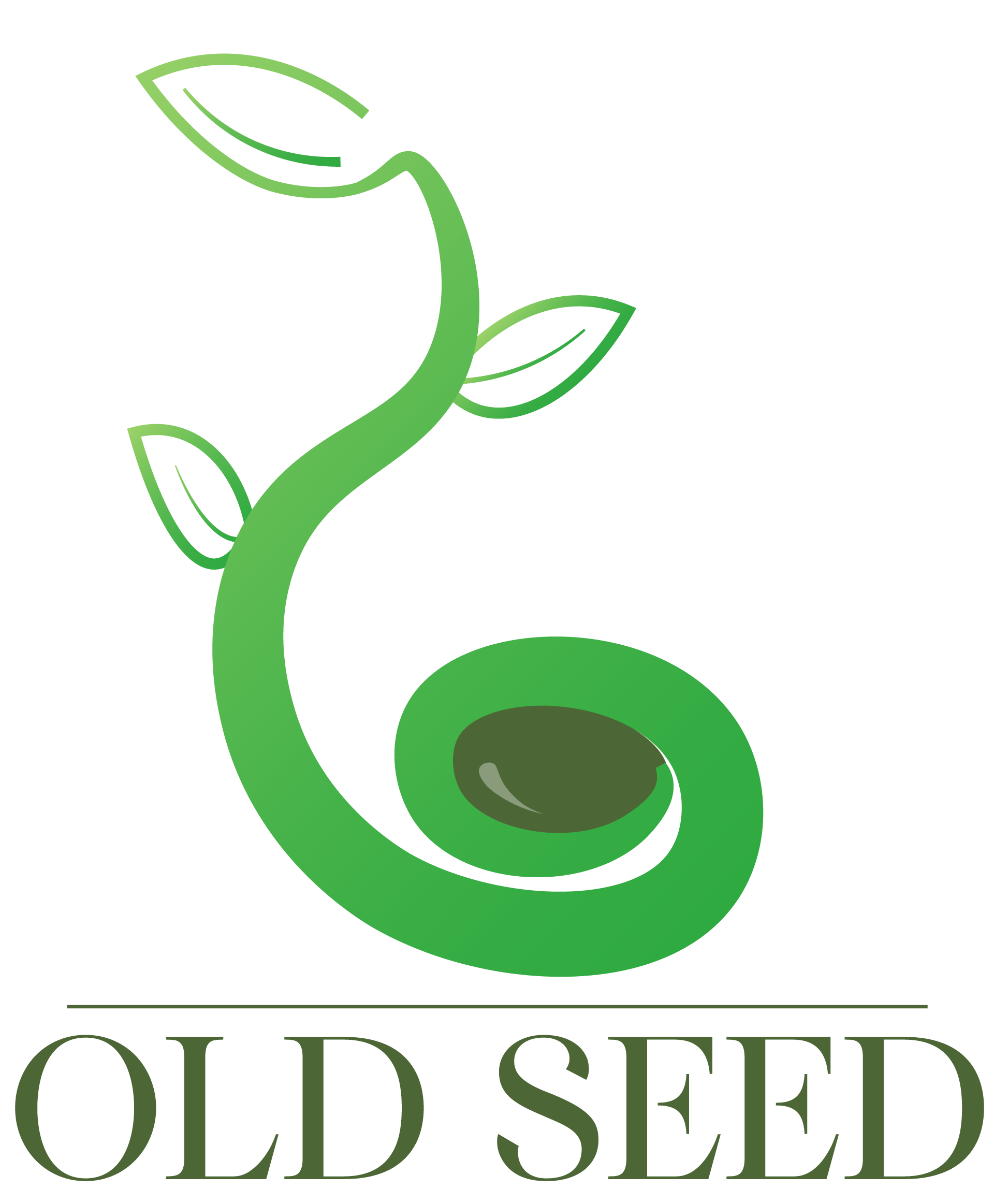
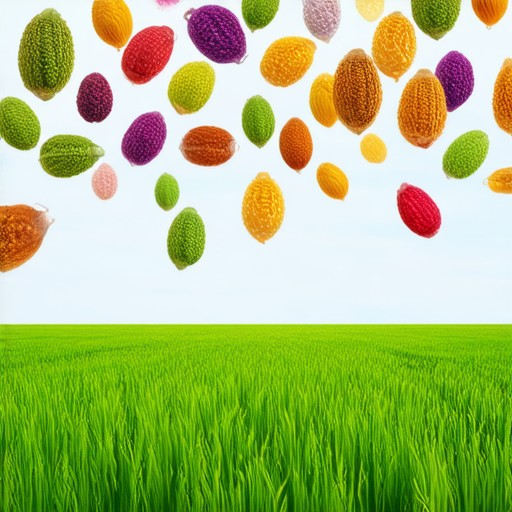
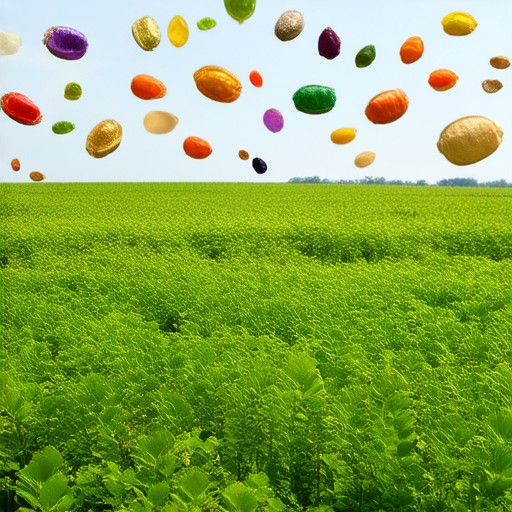
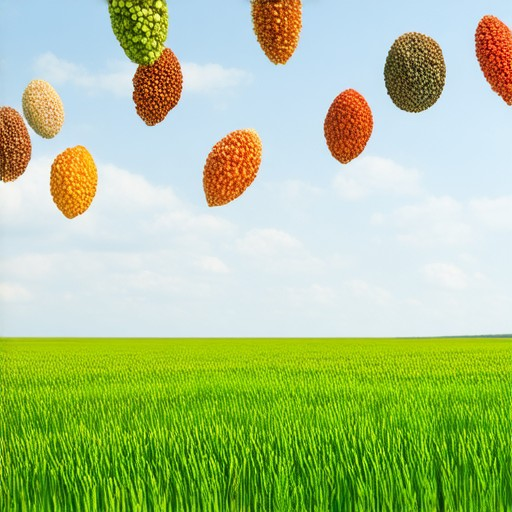
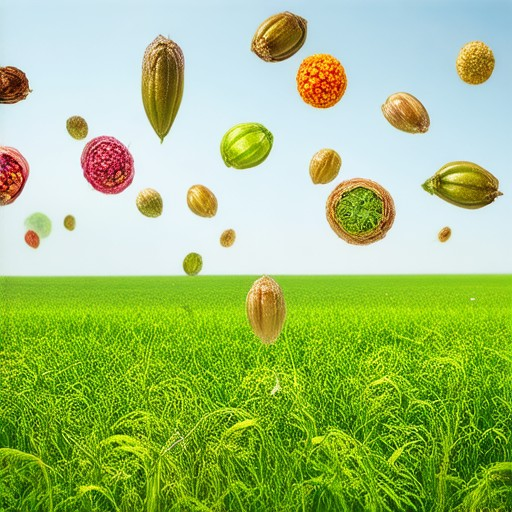
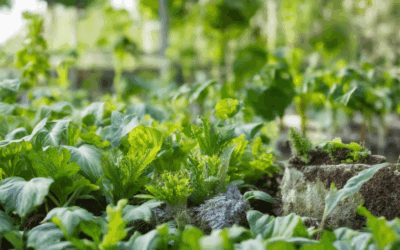


0 Comments